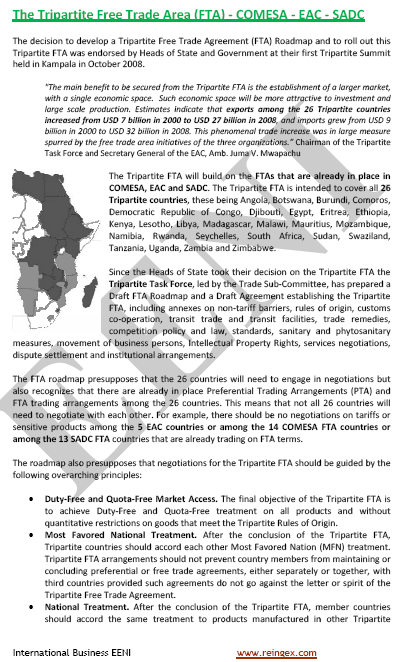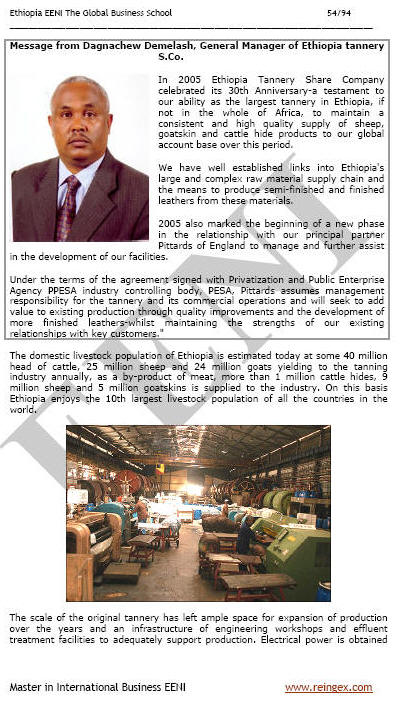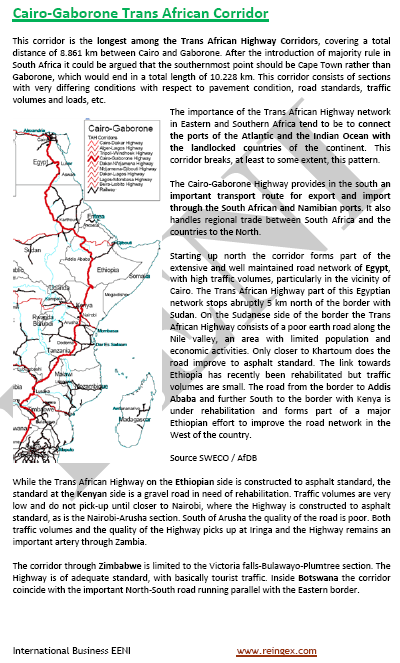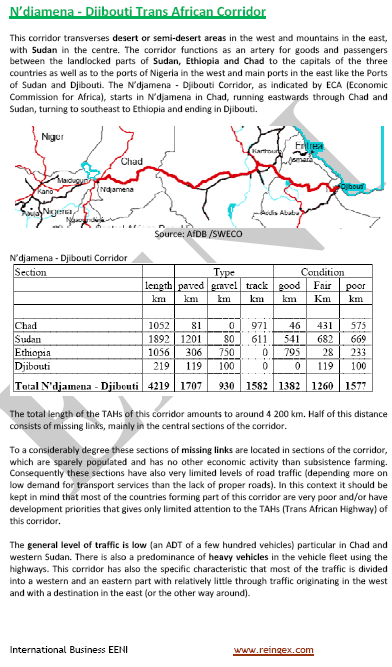Business in Ethiopia

Foreign Trade and Business in Ethiopia: coffee, cotton, textile. Addis Ababa
- Introduction to the Federal Democratic Republic of Ethiopia (East Africa)
- Ethiopian Economy
- International Trade of Ethiopia
- Case Study:
- Mohammed Al-Amoudi
- Mimi Alemayehou
- Ethiopian Telecommunications Corporation
- ZTE Group (China) in Ethiopia
- Business Opportunities in Ethiopia:
- Coffee
- Cotton
- Textile
- Leather
- Horticulture
- Mining
- Tourism
- Investment in Ethiopia
- Access to the Ethiopian Market
- Business Plan for Ethiopia
The objectives of the subject “International Trade and Business in the Federal Democratic Republic of Ethiopia” are the following:
- To analyze the Ethiopian Economy and Global Trade
- To know the business opportunities in the Federal Democratic Republic of Ethiopia
- To explore the Ethiopian trade relations with the country of the student
- To know the Ethiopian Trade Agreements
- To examine the profile of Ethiopian businesspeople and companies
- To develop a business plan for the Ethiopian Market
Global Trade and Business in Ethiopia: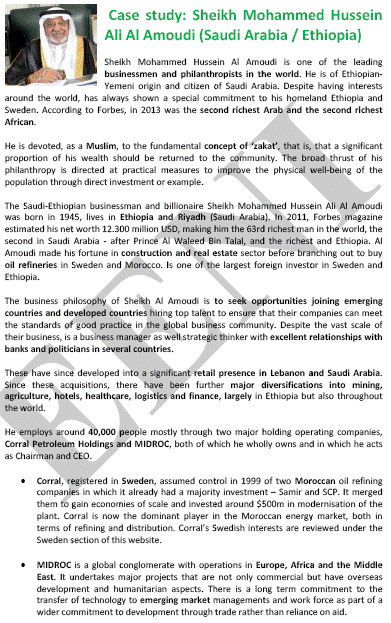

The Subject “Foreign Trade and Business in Ethiopia” belongs to the following Online Programs taught by EENI Global Business School:
Doctorate: African Business, World Trade.
Masters: Business in Africa, International Business.
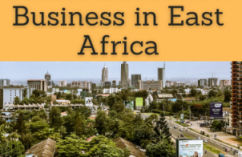
Languages:  or
or  Éthiopie
Éthiopie  Etiopia
Etiopia  Etiopía.
Etiopía.
- Credits of the subject “Doing Business in Ethiopia”: 3

- Duration: three weeks

Masters adapted to  Ethiopian Students.
Ethiopian Students.
International Trade and Business in Ethiopia.
Ethiopia: headquarters of the African Union and the Economic Commission for Africa. An African frontier market.

- Trans-African Corridors
- Nearest Ports;
- Port of Djibouti: the main foreign trade port of Ethiopia.
- Rail transport and Road links
- Port of Mombasa
- Port Sudan
- Port of Djibouti: the main foreign trade port of Ethiopia.
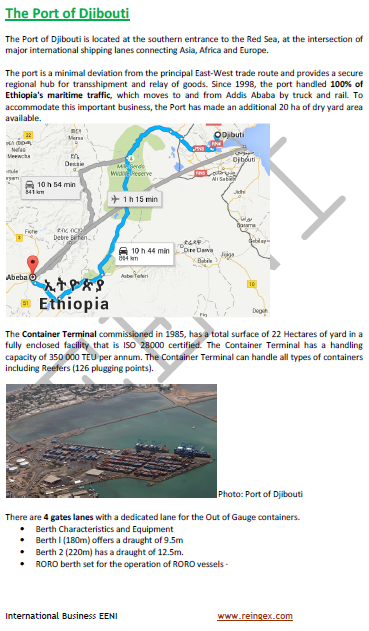


Ethiopian Preferential Access and Trade Agreements:
- Ethiopia and the East African Economic Area
- Common Market for Eastern and Southern Africa (COMESA)
- COMESA-EAC-SADC Agreement
- Intergovernmental Authority on Development (IGAD)
- African Continental Free-Trade Area
- Nile Basin Initiative
- AGOA (preferential access to the U.S. Market)
- Arab Bank for Africa (BADEA)
- Ethiopia-EU
- International Conference on the Great Lakes Region - Guest Member
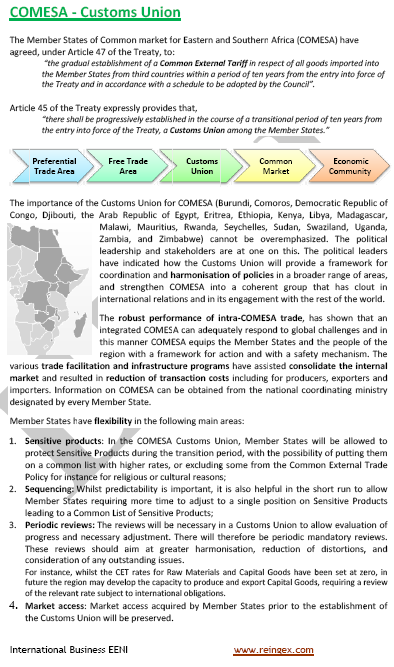

- WTO (in process of accession)
- WCO
- Istanbul Convention
- Single African Air Transport Market (SAATM / IATA)
- BIC (Containers)
- Chicago Convention (ICAO)
- International Maritime Organization
- Customs Convention on Containers - not a member

- Economic Commission for Africa
- African Union
- African Development Bank
- Africa-Asia Partnership
- Africa-Korea Partnership
- Africa-BRICS
- Africa-Turkey Partnership
- Africa-Japan Cooperation
- Africa-South America Summit
- China-Africa Cooperation
- Africa-India Cooperation
- Afro-Arab Cooperation
- BADEA

- UN
- UNCTAD
- ITC
- WIPO
- WB
- WTO
- IMF
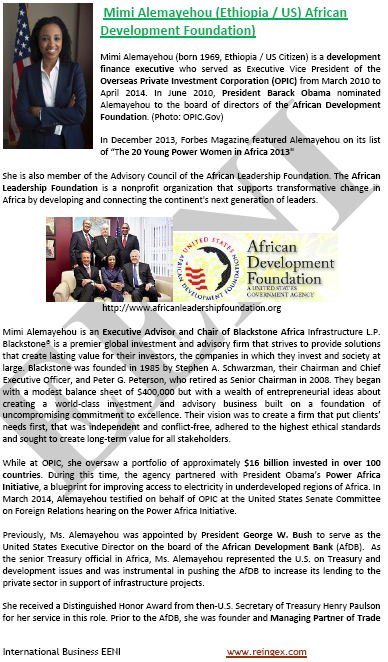
Ethiopia is a Landlocked country.
- The Federal Democratic Republic of Ethiopia is advantageously situated in the Horn of Africa
- Ethiopia is one of the oldest nations in the World
- The Kingdom of Aksum (Ethiopia and Eritrea) was one of the first Christian countries in the World, having officially adopted Christianity as the state religion in the 4th century
- The Federal Democratic Republic of Ethiopia is one of the largest regional markets in Africa with 105 million people (84% of the population lives in the rural areas)
- The main Ethiopian ethnic groups are Oromo and Amhara
- Amharic is the official working language
- Capital of Ethiopia: Addis Ababa
- The largest Ethiopian cities are Addis Ababa, Adama, Mek'ele, Awasa, Dessie, Dire Dawa
- The borders of Ethiopia are Djibouti, Somalia, Kenya, Eritrea, South Sudan, and Sudan
- Area of Ethiopia: 1,127,127 km²
- Abolition of Slavery in Ethiopia: 1924
More information about Ethiopia (EENI African Business Portal).
Religions in the Federal Democratic Republic of Ethiopia:
- Orthodox Christian (63% of the population)
- Sunni Islam (34%)
- The Islamic courts have jurisdiction in cases of marriage, divorce, minor guardianship (only if both parties are Muslims)
- African Traditional Religions


Ethiopia belongs to the East African Economic Area.
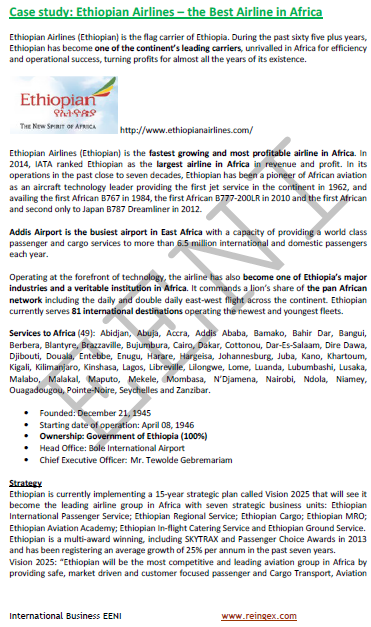

Ethiopian Economy:
- Ethiopia is an African frontier market
- The Federal Democratic Republic of Ethiopia is richly gifted with immense human resources, arable land, and natural resources (gold, platinum, marble, tantalite, copper, potash, soda ash, zinc, nickel, iron, and natural gas; much of it yet to be exploited)
- Ethiopia is a fast growing market
- Ethiopia is one of the Leading African economies
- Ethiopian economy remains firmly dependent on agriculture (50% of the GDP)
- Coffee exports account for 65% of the foreign exchange earnings of Ethiopia (processed hides and skins are the second)
- Ethiopia is the second largest African maize producer
- The main economic activities in Addis Ababa are steel products leather products, textiles, cement, tires, blankets, food, and beverages
Foreign direct investment (FDI) in Ethiopia.
- Ethiopia has untapped resources and a friendly foreign direct investment code
- The main opportunities for investment are cut flower, garment, and meat processing
- The Ethiopian Investment Agency is the governmental body responsible for promoting the foreign direct investment in Ethiopia
The Ethiopian Telecommunications corporation provides a world-class telecommunications services including the basic telephony, mobile and the Internet. The company is the sole telecommunication service provider in the Federal Democratic Republic of Ethiopia.
